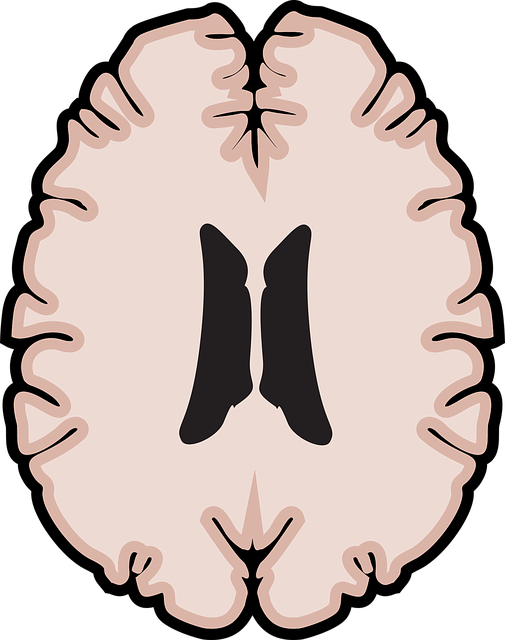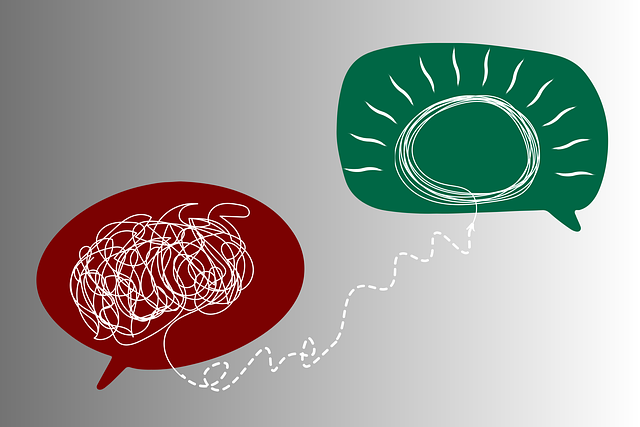Longmont Womens Issues Therapy (LWIT) offers emotion regulation techniques to help women navigate life challenges, improve mental health, and enhance well-being. By identifying triggers through journaling, fostering self-awareness, and employing cognitive restructuring, LWIT empowers clients with tools for stress management and emotional resilience. Mindfulness practices are integrated into therapy, promoting present-moment awareness and reducing stress levels. Through these comprehensive approaches, LWIT uniquely equips individuals to handle daily complexities and lead more fulfilling lives.
Emotion regulation techniques are essential tools in women’s issues therapy, offering a path to healing and empowerment in Longmont. This comprehensive guide explores effective strategies for managing emotions, addressing key aspects of mental well-being. We delve into understanding emotional triggers, cognitive restructuring for thought balance, mindfulness practices, and healthy coping mechanisms. By mastering these skills, individuals can navigate life’s challenges with resilience, fostering a deeper sense of control and overall well-being in their Longmont womens issues therapy journey.
- Understanding Emotion Regulation and Its Significance in Women's Issues Therapy in Longmont
- Identifying Triggers: A Key Step in Learning to Manage Emotions
- Cognitive Restructuring: Reframing Thoughts for Emotional Balance
- Mindfulness and Meditation Practices for Daily Stress Reduction
- Healthy Coping Mechanisms: Building Resiliency through Emotion Regulation Techniques
Understanding Emotion Regulation and Its Significance in Women's Issues Therapy in Longmont

Emotion regulation is a key aspect of women’s issues therapy in Longmont, offering valuable tools for personal growth and well-being. It involves recognizing, understanding, and managing one’s emotions effectively, which can significantly impact mental health and overall quality of life. Many women seek therapy to address emotional challenges related to various life stages, trauma, or societal pressures. By teaching emotion regulation techniques, therapists in Longmont empower their clients to build inner strength and develop coping skills that foster resilience.
This therapeutic approach is particularly crucial when considering the unique cultural and social factors impacting women’s mental health. Healthcare provider cultural competency training plays a vital role in ensuring sensitive and effective care for diverse patient populations. Through such training, therapists can adapt their practices to honor individual experiences, promote trust, and create a safe space for women to explore and regulate their emotions. By integrating emotion regulation into Longmont womens issues therapy, practitioners contribute to the development of strong, resilient individuals equipped to navigate life’s challenges with grace and adaptability.
Identifying Triggers: A Key Step in Learning to Manage Emotions

Identifying triggers is a fundamental step in learning to manage emotions effectively, especially for individuals seeking support through Longmont Women’s Issues Therapy. Understanding what sets off emotional reactions allows people to recognize and address underlying causes. This process involves self-awareness and observation—noting the situations, thoughts, or behaviors that consistently lead to strong emotional responses.
By keeping a journal to track triggers, one can identify patterns and gain valuable insights into their emotional landscape. This awareness is crucial for implementing successful burnout prevention strategies for healthcare providers and stress management techniques. Additionally, it facilitates understanding of the individual’s unique emotional healing processes, enabling them to develop tailored coping mechanisms and enhance emotional resilience.
Cognitive Restructuring: Reframing Thoughts for Emotional Balance

Cognitive Restructuring is a powerful technique that focuses on reframing negative or distorted thoughts to achieve emotional balance. This process involves identifying and challenging unhelpful thought patterns, replacing them with more realistic and positive ones. By changing the way we perceive situations, it becomes easier to manage emotions effectively. For instance, instead of thinking “I’m a failure because I made a mistake,” cognitive restructuring encourages individuals to reframe it as a learning opportunity, fostering growth and resilience.
Longmont Women’s Issues Therapy emphasizes this technique as a key component in building inner strength and developing emotional intelligence. By learning to manage thoughts, individuals can better navigate stressors and improve their overall well-being. This approach empowers people to take control of their emotions, leading to enhanced stress management skills and a more positive outlook on life.
Mindfulness and Meditation Practices for Daily Stress Reduction

Mindfulness and meditation practices have emerged as powerful tools for managing daily stress, a concern often brought to the forefront by Longmont women seeking issues therapy. These ancient techniques offer a modern solution for enhancing mental wellness, a growing focus in mental health awareness circles. By training the mind to stay present and non-judgmental, mindfulness allows individuals to observe their thoughts and emotions without reacting impulsively, thereby reducing stress levels significantly.
Regular meditation practices can foster a deeper connection with oneself, enabling better understanding of one’s emotional triggers. This self-awareness is crucial in navigating life’s challenges, as it empowers individuals to make conscious choices rather than reacting out of habit or emotion. Incorporating mindfulness into daily routines, such as mindful breathing exercises or body scans, can serve as effective stress management strategies for those seeking Longmont women’s issues therapy, promoting mental health and overall well-being.
Healthy Coping Mechanisms: Building Resiliency through Emotion Regulation Techniques

Emotion regulation techniques are powerful tools that can help individuals build resilience and navigate life’s challenges with greater ease. At Longmont Women’s Issues Therapy, we emphasize the importance of healthy coping mechanisms as a foundation for mental wellness. By teaching effective emotion regulation strategies, our therapists empower clients to manage stress, anxiety, and other difficult emotions in constructive ways.
One such technique is journaling exercise guidance, which encourages individuals to reflect on their feelings and thoughts. This practice fosters emotional intelligence by promoting self-awareness and understanding of one’s emotional responses. Additionally, crisis intervention guidance can offer immediate support during intense moments, teaching individuals how to deescalate and respond adaptively. Through these and other techniques, our therapy services aim to enhance coping skills, enabling clients to lead more fulfilling lives and better manage the complexities of daily existence.
Emotion regulation techniques are invaluable tools in the arsenal of Longmont women’s issues therapy. By understanding and applying methods such as identifying triggers, cognitive restructuring, mindfulness, and healthy coping mechanisms, individuals can achieve greater emotional balance and resilience. These practices not only enhance overall well-being but also foster personal growth and effective navigation through life’s challenges. Incorporating emotion regulation into therapy sessions allows for profound transformations, empowering clients to lead more fulfilling and stress-reduced lives.














